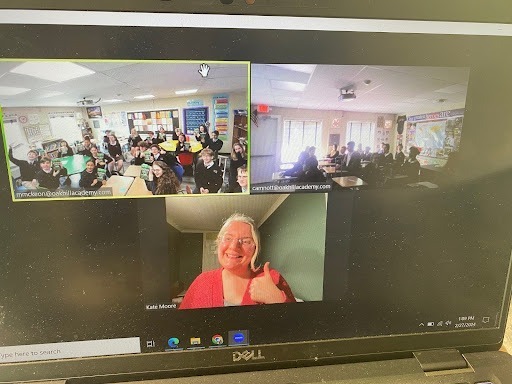
What does this mean?
It has been more than 10 years since the Core Standards have hit the national scene. Educators across our country have tried to manage the hundreds of required standards in each subject area to no avail. There exists many wonderful pedagogical goals; however, there were just too many of them. Therefore, the idea to establish what are now being called “Power Standards” narrow down the field to fit a particular criteria. This helps determine what concepts are critical for a well-rounded education. These concepts build on each other and pave the way for a lifetime of learning.
The talented teachers at Oak Hill Academy, the best private school in Monmouth County, have embraced the use of Power Standards and have structured their curriculum to take advantage of this approach that defines exactly what students are able to do with their knowledge.
How does it work?
“Essential Questions” are first designed to spark interest and to capture both the student’s imagination and creativity. The goal here is to consider concepts, rather than a list of unrelated facts. The idea is that the Essential Question will peek interest and drive the student’s innate curiosity. The follow-up to the Essential Question will be to establish the Big Idea, which will be a student’s response to the Essential Question. Example: E.Q. “Why do civilizations – past and present – need organizational structures?” B.I. “Geographic, political, cultural, and other structures work together to ensure the survival and advancement of all civilizations.”
After these two relationships have been examined, the process is to look back to see if the “Power Standard” has been satisfied. Ex. Students will be able to realize that societies need numerous structures in order to survive.

Power Standards
So, just what are power standards? Working together, the Oak Hill teachers refer to these as a subset of learning standards universally determined to be the highest priority or most important for students to learn. Academic expectations determined by the OHA staff are the most critical and essential. It should be noted that power standards do not preclude the teaching of standards. Sub-standards may be written in support of the power standards requiring students to acquire and demonstrate a strong understanding of a complex subject or sophisticated skill.
There are three criteria that the Oak Hill teachers use to select power standards taken from Larry Ainsworth book, Power Standards: Identifying the Standards that Matter the Most.
- Endurance: Standards that focus on knowledge and skills that will be relevant throughout a student’s lifetime (such as learning how to read or how to interpret a map).
- Leverage: Standards that focus on the knowledge and skills used in multiple academic disciplines (such as writing grammatically and persuasively or interpreting and analyzing data).
- Essentiality: Standards that focus on knowledge and skills necessary for students to succeed in the next grade level or the next sequential course in an academic subject (such as understanding algebraic functions before taking geometry or calculus, which require the use of algebra).

In conclusion, the Oak Hill teachers determine that the use of Power Standards have given students a clearer view of what success looks like and how the criteria impact their daily lives.







